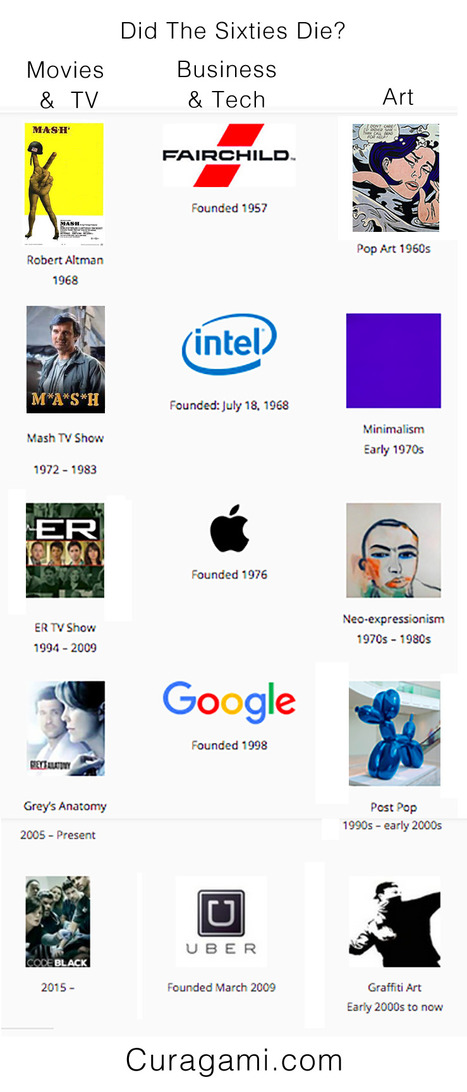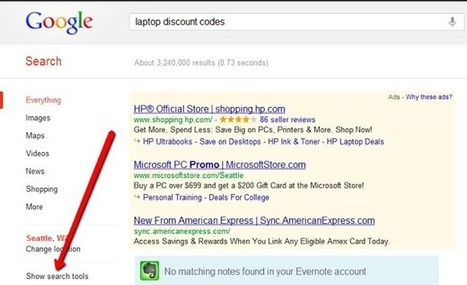***** With Google's recent vote for the "semantic web" widening research to include a semantic approach is important. Marty
An all in one. It's really an extraordinary item for doing the right things to improve your ranking. If you have a blog with great articles, but not many visitors, apply the ideas in this article, it'll help you for sure. [note mg]
Think about semantic keyword research to help you focus your content and and improve your rankings.
From Google’s Panda, Search Plus Your World and Venice updates, in the last year alone the SEO landscape has changed. And while that means your SEO strategy will change, too, there is one thing that remains the same…keywords.
Keywords remain important to your content and link strategies.
But there is one change coming down the Google pipeline that will change keywords…semantic search technology and the human element.
What is semantic search?
Basically, semantic search is technology that tries to determine what users mean when they type in a certain keyword.
They explore the semantics of those words…or the meaning behind them.
For example, if someone typed in “laptop” do they mean:
- That they want to buy a laptop?
- Have one repaired?
- Upgraded?
- Are they even talking about a computer, but something entirely different?
In the real world most people don’t search with one keyword…additional keywords give additional clues.
Read more: http://mz.cm/J9nABP
Via
Martin Gysler  Your new post is loading...
Your new post is loading...












